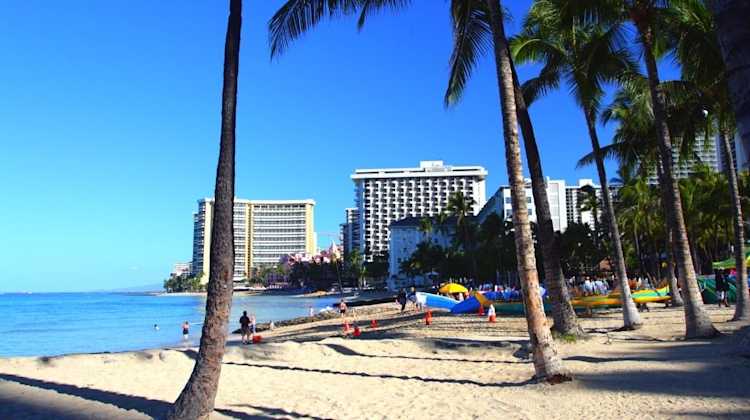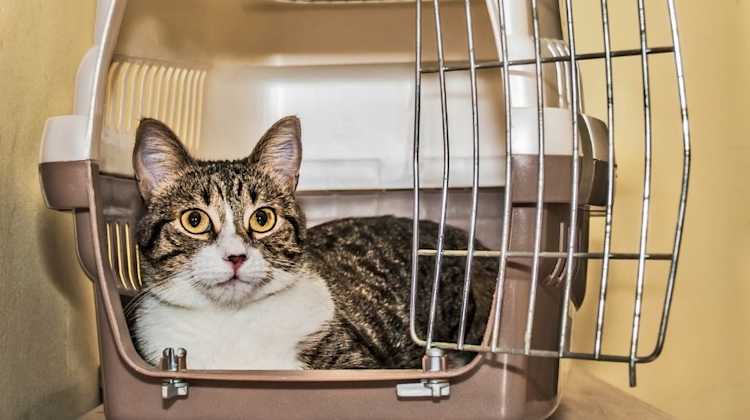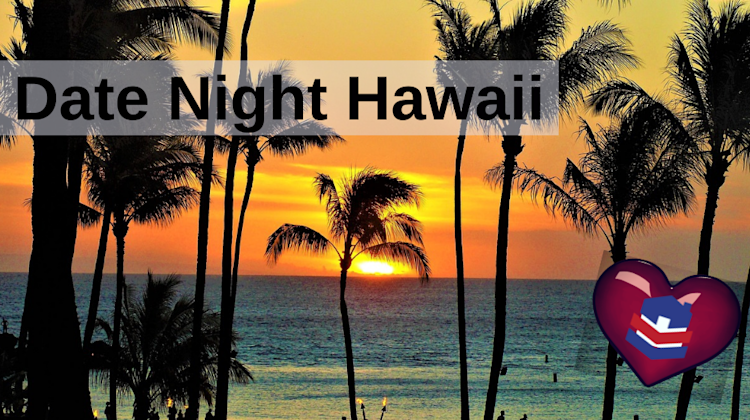Know Before You Go: Hawaii Cultural Do's and Don'ts
by Daniella Horne - October 26th, 2021

This article is part of our new "Know Before You Go" series for military families receiving OCONUS military orders. Although Hawaii is part of the United States, it is considered an OCONUS assignment, which makes for a unique PCS move. Here's what you need to know before moving overseas to this duty station!
Aloha and congratulations! You and your family had your "dream list" wish come true and you finally got the orders you have been waiting for. Hawaii is happening! Even though you are a pro at preparing for another move, have you stopped to think of the opportunity that is living in such an amazing place as Hawaii? It is way more than pretty views and beautifully-colored beaches. Hawaii is full of interesting history, “ono grinds”, legends, and plenty of aloha spirit. Let’s do a quick breakdown of all the do's and don’ts about island living before you arrive so you can keep it peaceful with the locals.
Hawaiian culture is all about understanding that you have a responsibility to mãlama (to care for) the environment and each other. It is the spirit of aloha that teaches us to be kind, show respect, and pass that along to future generations.
The Hawaii water crisis 2022
If you are concerned about the current water situation on Hawaii military bases, our current information source with frequent updates is the Joint Base Pearl Harbor Hickam Facebook Page. You can also visit the Commander Pacific Fleet- Water Updates Page, will have all pertinent information for the new incoming families that will direct you to information, to include where you can go for lodging, updated lab results, town halls and daily updates, laundry facilities, water distribution should you move into a home that has been affected by the water crisis, and more.
And we invite you to watch this video with encouragement for families dealing with the current water crisis in Hawaii:
Know before you go to Hawaii: 10 do's and don'ts
1. Hawaiian culture
Do understand that Hawaii is rich in culture and it is home to people from many other places. The term "Hawaiian" is only used for people who were born and raised on island, people who are of Hawaiian blood. Everybody else such as military families living on island are known as Hawaii residents. You can also use the term Kama’ãina or local when speaking about people living on island.
2. Respect Hawaiian wildlife
Don’t disturb the endangered species. Every year, endangered species such as sea turtles and monk seals get hurt due to people getting too close to them while they are resting on the sand. Animals share the beach with humans. It is their home, and you can pay a fine if you disturb them. If you spot an animal who is stranded or entangled, or you want to report disruption, you can contact Hawaii’s DLNR (Department of Land and Natural Resources) hotline: (808)643-DLNR.
3. Hawaiian traffic
Do drive with aloha. Even though Oahu’s traffic can be pretty chaotic, island drivers know that honking, not allowing someone in your lane, or getting too close to someone’s bumper is not the aloha way to drive. Even with traffic, locals know there is no need to rush. You will see people throw you a “shaka” (the "hang loose" surfing gesture) if you let them through or are courteous while driving. Be a patient and kind driver!
4. Sand is not a souvenir
Don’t take sand or rocks from local beaches or National Parks. Hawaiians embrace every grain of sand and every piece of nature that makes up the islands. It is bad luck to take these with you. To this day people, mail back rocks and sand due to bad luck.
5. Hawaiian leis
Do receive lei’s graciously, and gift them as well. Leis symbolize friendship, love, or they are used to celebrate or honor someone. You do not need a specific occasion to receive or gift one. However, it is rude to reject one and rude to take it off in the presence of the giver. Leis are an ancient Hawaiian custom that started with the first Polynesian settlers and is still popular today.
6. Hawaiian hiking rules
Don’t hike illegally. Hawaii has amazing hiking opportunities and some dramatic trails. Some hikes around the island are illegal while others require a permit. Like everywhere else in the country, laws are posted for a reason. Some trailheads start in neighborhoods. You have to be mindful of being too loud and never leaving your trash behind. Mostly, the illegal hikes are deemed so due to how dangerous and risky they are, with previous rescues and casualties. Be safe out there!
7. Remove your shoes
Do take off your shoes and flip flops “slippahs” when entering someone’s home. This is a custom learned from the Japanese immigrants that came to the islands long ago, and it has become common practice. You will notice this before entering someone’s home. Houses in Hawaii are built raised off the ground. Taking your shoes off keeps a home clean.
8. Hawaiian dialect
Don’t try to speak Pidgin. Pidgin is the creole language used by locals. It is unique, a simplified language combining native Hawaiian with words from Japanese, Pilipino, and Portuguese immigrants. It is truly part of the culture. If someone who is not Hawaiian tries to speak Pidgin, it can be seen as mocking and offensive.
9. Hawaiian history
Do immerse yourself in the culture and learn the history. If you are new to Hawaii, you should visit one of the many local museums such as the Bishop Museum to learn more about Hawaiian culture and the history behind it. Learn from the resources provided and the many sights full of history.
10. Hawaiian food
Don’t miss out on the food, everything is so “ono” (delicious)! Skip the chain restaurants unless you are missing the mainland. Learn about traditional dishes and try something new. Hawaii is a melting pot of cultures and you will find plenty of different restaurants serving local food, Asian dishes and more. Food trucks are big on island and there are plenty of hole-in-the-wall spots to get some great food. Try different locations until you discover your favorite!
Remember that your new duty station might take time to adjust to, and that is ok. Not everyone enjoys island living, but it sure is what you make of it. Get out and about, learn new things, make friends, adventure and step out of your comfort zone all while being respectful and showing aloha everywhere you go. We hope you love your new destination and you enjoy making Hawaii your new home!







